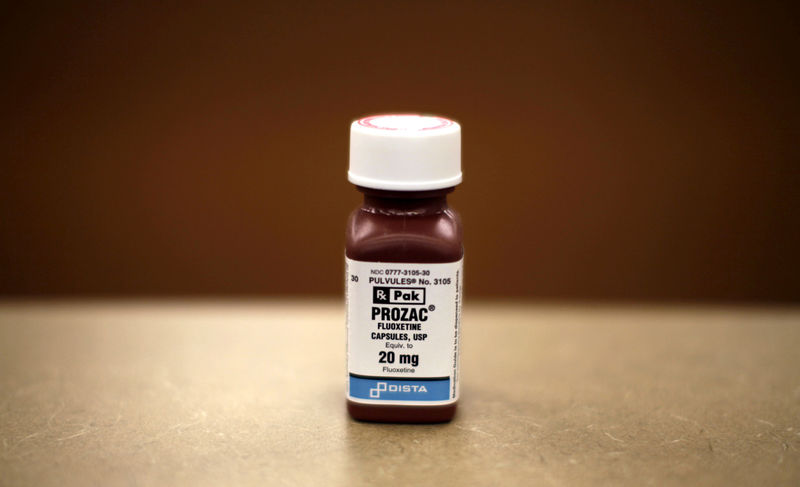This post was originally published on this site
https://i-invdn-com.investing.com/trkd-images/LYNXMPEJ1613U_L.jpg
WASHINGTON (Reuters) – U.S. President Joe Biden will call for a nationwide cap of $35 a month on out-of-pocket insulin costs during his State of the Union Address on Tuesday, but is unlikely to get his wish as it lacks enough Congressional support.
Democrats failed to pass a similar measure last year when they controlled both the U.S. Senate and House of Representatives. Back then they only needed 10 Republican votes in the U.S. Senate to pass it.
Now that Republicans control the House, its chances are even slimmer, experts say.
“Capping insulin costs for patients is an idea that really resonates with people who are struggling with healthcare costs but it’s highly unlikely to pass in a divided Congress,” said Larry Levitt, Executive Vice President for Health Policy at the Kaiser Family Foundation.
Around 8.4 million of the 37 million people in the United States with diabetes use insulin, according to the American Diabetes Association (ADA).
Democrats were able to pass the cap for those enrolled in the government’s Medicare health program for people ages 65 and older last year as part of Biden’s signature Inflation Reduction Act (IRA). That kicked in last month.
They tried, and failed, to extend the benefit to everyone with health insurance when they were voting on the IRA.
“This is a very potent talking point, but not something that’s likely to result in actual legislation anytime soon,” said Levitt, a senior health official during the Clinton administration.
Without Congressional approval, the Biden administration cannot impose the cap on private insurance plans and is unlikely able to create a subsidy for the uninsured, experts said.
Some Medicaid plans for low-income individuals and private insurance plans also cap the monthly cost of insulin at $35.
Monthly out-of-pocket costs for insulin are capped by 20 states and the District of Columbia. In nine of those states and D.C., the cap is $35 or lower, according to the ADA.
The White House said Biden would call on Congress to extend the cap to all Americans. It is unclear if his proposal would include those without health insurance, who often have to pay the full price for the life-sustaining drug. Most previous Democratic proposals have not.
Most people with private insurance who need insulin pay less than $35 per month already, whereas about 17% of insulin users ages 18 to 64 were uninsured or had a gap in coverage, according to a 2020 Commonwealth Fund study.
Two thirds of that group paid the full price – an average of $900 a month – for the medicine. That has forced many people to ration or skip insulin doses, endangering their health or even their lives, said Laura Marston, co-founder of advocacy group The Insulin Initiative.
“From my perspective as a patient and an advocate, any solution that excludes the uninsured is not useful at all. The uninsured have to pay the most for insulin,” Marston said.
Three companies, Sanofi (NASDAQ:SNY) SA, Eli Lilly (NYSE:LLY) and Co, and Novo Nordisk (NYSE:NVO) make up 90% of the market for insulin, which was invented in the 1920s.
The original patent holders sold it in 1923 for $1, hoping that would ensure it became widely available at little cost.
Drugmakers currently set insulin prices at over $275 a vial, representing a 1,200% increase in price over the past 20 years, according to the Insulin Initiative.

